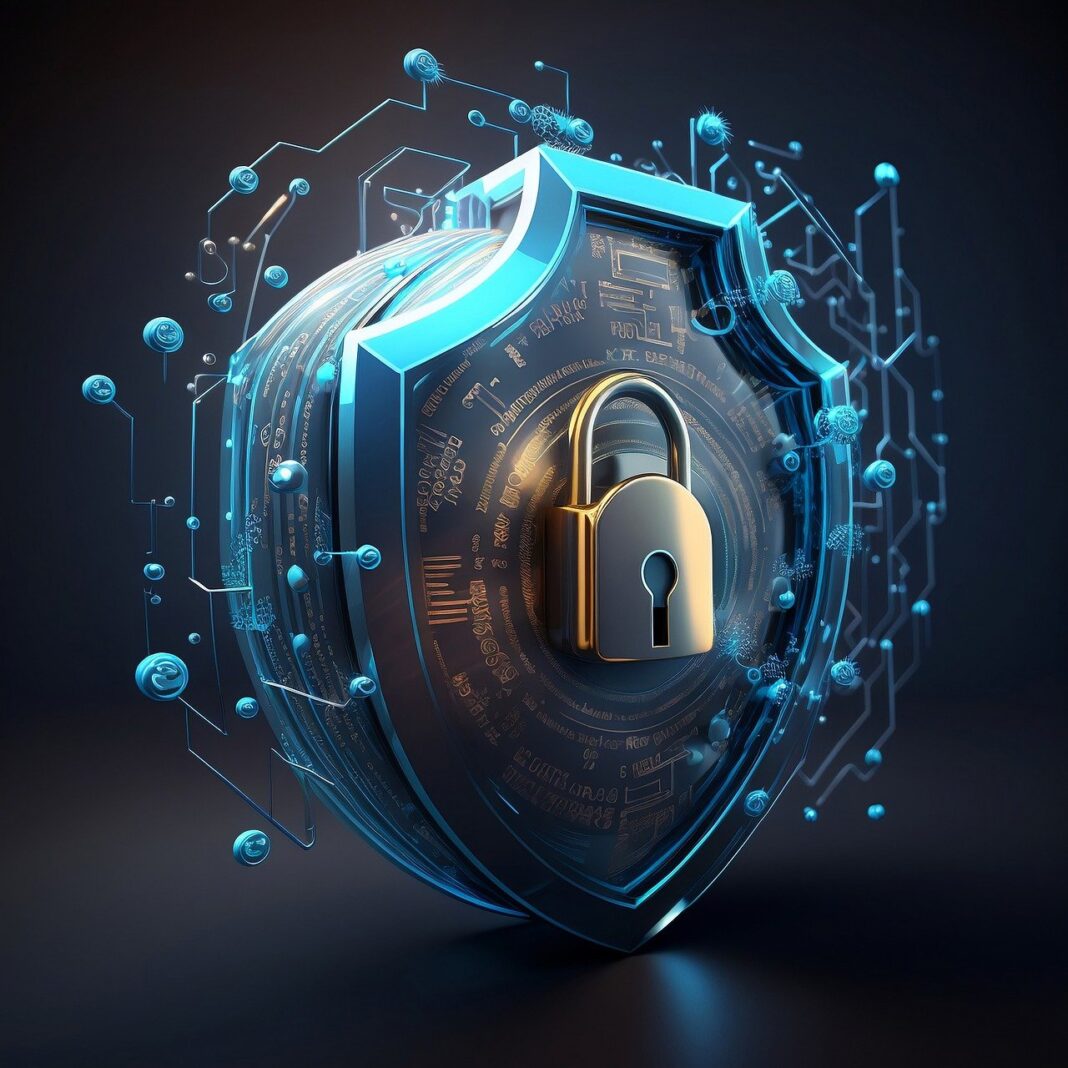Why Decentralization Is Essential for Maintaining Blockchain Security
1. Introduction to Decentralization
Decentralization is one of the most defining characteristics of blockchain technology. In a decentralized system, no single entity controls the entire network; instead, authority and control are distributed across multiple participants, often referred to as nodes. This structure contrasts sharply with traditional centralized systems, where a central authority can dictate operations, manage transactions, and ultimately exert control over the data. The decentralization of blockchain is vital not only for operational efficiency but also for enhancing security and fostering trust among users.
Blockchain serves as a distributed ledger that records transactions in a secure, tamper-resistant manner. As various industries adopt blockchain for applications ranging from finance and supply chain management to healthcare and voting systems, ensuring robust security protocols becomes increasingly critical. The integrity of sensitive data is paramount, and decentralization plays a crucial role in protecting this data from unauthorized access and malicious attacks.
2. Understanding Blockchain Security
To appreciate the importance of decentralization, it’s essential to understand the various security risks associated with blockchain technology. Common vulnerabilities include:
- 51% Attacks: If a group of miners or validators controls more than half of the network’s computing power, they can manipulate transactions, double-spend coins, or invalidate legitimate transactions. This risk is particularly pronounced in smaller, less secure blockchain networks.
- Sybil Attacks: In this scenario, an attacker creates multiple identities (or nodes) to gain an outsized influence over the network, potentially disrupting consensus mechanisms.
- Smart Contract Vulnerabilities: Flaws or bugs in smart contract code can lead to exploits, where attackers manipulate contracts to drain funds or create unintended consequences. The infamous DAO hack of 2016 is a case in point, where a vulnerability was exploited, resulting in significant financial losses.
Consensus mechanisms, such as Proof of Work (PoW) and Proof of Stake (PoS), are crucial for ensuring blockchain security. They establish rules for how transactions are validated and how participants can achieve consensus on the state of the ledger. A robust consensus mechanism helps safeguard the network against these vulnerabilities while fostering a level of trust among users.
3. The Pillars of Decentralization
Decentralization is built on several fundamental components:
- Distributed Ledger Technology (DLT): Unlike a single database, DLT maintains multiple copies of the ledger across different nodes. This distribution enhances transparency, as all participants can view and verify transactions independently.
- Nodes and Their Functions: Each node in a blockchain network plays a critical role in maintaining the ledger. Nodes validate transactions, store copies of the blockchain, and contribute to the consensus process. This distribution of responsibility reduces the risk of data manipulation.
- Miners and Validators: Miners (in PoW systems) solve complex mathematical puzzles to add new blocks to the blockchain, while validators (in PoS systems) confirm transactions based on their stake in the network. These roles are vital for maintaining network integrity, as they ensure that only legitimate transactions are recorded.
4. Decentralization vs. Centralization
Centralized systems, where control resides with a single authority, often suffer from significant vulnerabilities. A single point of failure means that if the central entity is compromised, the entire system can be disrupted. The 2014 Mt. Gox exchange hack is a stark example; the exchange, which handled a substantial portion of Bitcoin transactions, was hacked due to its centralized nature, resulting in the loss of approximately 850,000 BTC.
In contrast, decentralized systems distribute risk across numerous nodes. This decentralization leads to:
- Enhanced Security: With no single point of failure, decentralized networks are inherently more resilient against attacks.
- Improved Trust: Users are more likely to engage with decentralized platforms, knowing that no single entity can manipulate the system for its benefit. Trust in the system comes from transparency and distributed control.
5. How Decentralization Enhances Security
Decentralization enhances security in several key ways:
- Mitigation of Single Points of Failure: In decentralized networks, the failure of one node does not jeopardize the entire system. Each node operates independently, reducing the potential impact of a single attack.
- Improved Resilience Against Attacks: Decentralized networks are more difficult for attackers to target effectively. For instance, during a Distributed Denial of Service (DDoS) attack, a decentralized system can redistribute network traffic across multiple nodes, maintaining functionality despite the attack.
- Enhanced Privacy and Anonymity: Users can transact with greater privacy in decentralized systems, reducing the risks associated with data breaches and identity theft. This anonymity is crucial for sensitive transactions and maintaining user trust.
6. Real-World Examples of Decentralized Security
Numerous blockchain projects illustrate the effectiveness of decentralization in enhancing security:
- Bitcoin: As the first cryptocurrency, Bitcoin operates on a fully decentralized network, where miners from all over the world contribute to the validation of transactions. Its robust security model has made it a trusted medium of exchange and store of value.
- Ethereum: Ethereum’s implementation of smart contracts demonstrates how decentralized governance can support complex applications. The Ethereum network’s large number of nodes contributes to its security, allowing it to withstand attacks that might cripple centralized systems.
- Emerging Projects: Other platforms, such as Polkadot and Cardano, employ unique decentralized governance models and consensus mechanisms to enhance security while facilitating interoperability between different blockchains.
7. Challenges and Limitations of Decentralization
Despite its advantages, decentralization also presents challenges:
- Scalability Issues: As decentralized networks grow, maintaining speed and efficiency can become problematic. High transaction volumes can lead to congestion, which may necessitate complex solutions like layer-2 scaling.
- Governance Challenges: Reaching consensus in decentralized networks can be slow and contentious, often requiring significant community engagement and deliberation. Disagreements among stakeholders can delay decision-making.
- Balancing Security and Usability: Striking the right balance between robust security measures and user-friendly interfaces is crucial for broader adoption. If security protocols are overly complex, they can deter users from engaging with the technology.
8. Future of Decentralization in Blockchain Security
The future of blockchain security is inextricably linked to advancements in decentralized systems:
- Trends in Innovation: Emerging technologies such as sharding, which allows for parallel processing of transactions, and layer 2 solutions like the Lightning Network aim to enhance the scalability and security of decentralized networks. These innovations are expected to address current limitations while maintaining the core principles of decentralization.
- Regulatory Frameworks: As governments begin to recognize the importance of blockchain technology, establishing regulations that support decentralization while ensuring consumer protection will be vital. These regulations must strike a balance, fostering innovation without stifling the decentralized ethos.
- Predictions: Experts anticipate the evolution of decentralized governance models, with increased community participation leading to more resilient and adaptive systems. As more users recognize the benefits of decentralization, we can expect a growing trend toward decentralized applications (dApps) and services.
In summary, decentralization is not merely a technical aspect of blockchain technology; it is a foundational principle that underpins the security and integrity of these systems. By distributing control and minimizing reliance on centralized authorities, blockchain technology can achieve a level of security that traditional systems cannot match. As industries continue to explore the potential of blockchain, the emphasis on maintaining decentralized structures will only grow, reinforcing trust and resilience in the digital economy.










